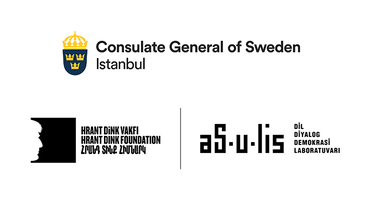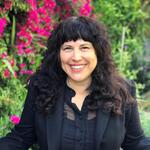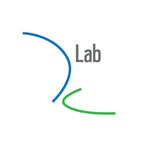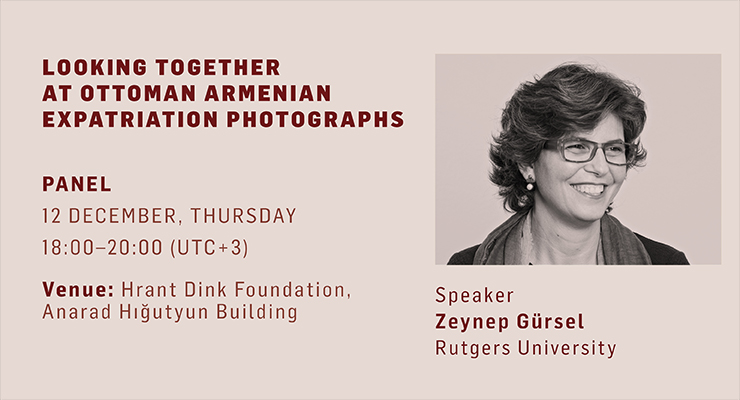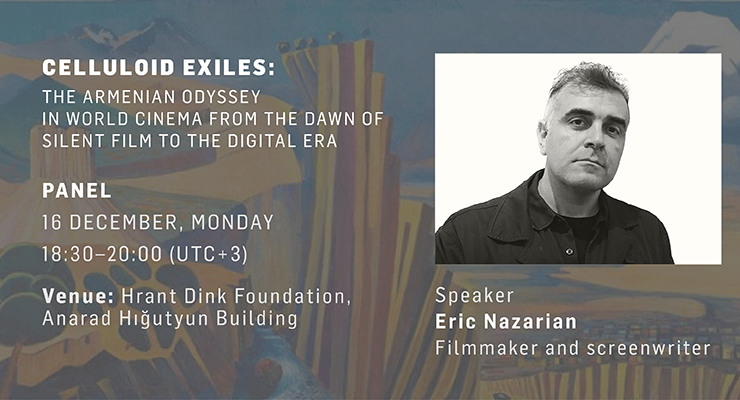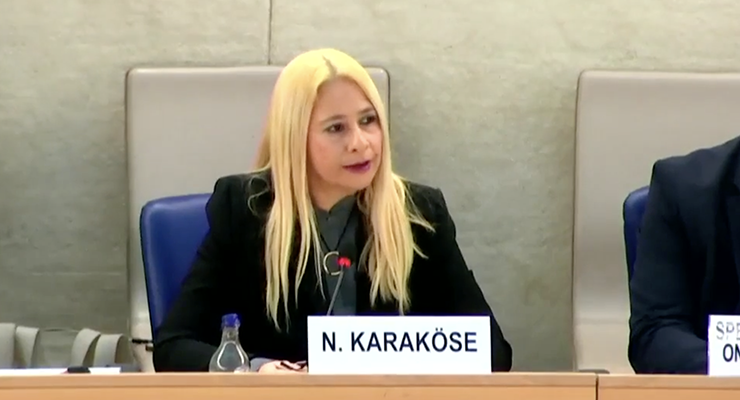Artificial intelligence and hate speech: Opportunities and risks
Tuesday, January 25, 2022
Time: 19:00 - 20:30 (UTC +3)
You are invited to the online talk where Claudia von Vacano and Stefanie Ullmann will be speakers and Berrin Yanıkoğlu will be moderator!
Hate speech detection has primary importance in combating hate speech. In recent years, technological advancements assign a significant role to artificial intelligence in detecting hate speech in the media. Despite these advancements, many issues need to be discussed in hate speech studies: What are the main reasons for using algorithms to detect hate speech? How successful are the algorithms at detecting hate speech? Can artificial intelligence replace humans in detecting hate speech? To what extent can artificial intelligence protect freedom of expression? Does artificial intelligence produce biased results in detecting hate speech? What are the effects of the data on the results? Can algorithms consider context when detecting hate speech?
In the online talk titled “Artificial intelligence and hate speech: Opportunities and risks” we will discuss their projects as part of hate speech detection studies and the advantages & disadvantages of detecting hate speech with artificial intelligence with Claudia von Vacano from Berkeley D-Lab and Stefanie Ullmann from Center For Research in The Arts, Social Sciences And Humanities. You can register for the online talk where we will focus on the strengths and potential aspects of the algorithms used in the detection of hate speech and the developments in this field with the contributions and questions of Berrin Yanıkoğlu from Sabanci University Center of Excellence in Data Analytics.
- The event will be held via Zoom
- There will be simultaneous translation in Turkish and English at the event.
- It will be broadcast live on the Foundation's YouTube, Facebook and Twitter accounts.
- You can fill the registration form out to participate in the event.
- If you have any questions about the online talk, please contact: This email address is being protected from spambots. You need JavaScript enabled to view it.
|
Stefanie Ullmann is a postdoctoral research associate on the project Giving Voice to Digital Democracies: The Social Impact of Artificially Intelligent Communications Technology, implemented at the Centre for the Humanities and Social Change, Cambridge University. Stefanie Ullmann’s overall research interests and background are in functional linguistics, critical theory and discourse analysis, corpus linguistics, new media and communication technologies as well as the instrumentalisation of language in states of socio-political conflict and crisis. Her most recent work has focused on quarantining online hate speech, misinformation, gender bias in machine translation, dynamic data statements and exploring counterspeech approaches to fighting hate speech. |
Centre for the Humanities and Social Change, Cambridge University (CRASSH)
At the Cambridge Centre for the Humanities and Social Change, hosted at CRASSH and led by Professor Steven Connor, we are creating an interdisciplinary space that enables those who develop new technologies to be influenced by cutting-edge thinking in the arts, humanities and social sciences. This framework ensures that experts from these various domains are properly integrated from the inception to the implementation stages of technological development, and are not simply sources of ethical or conceptual ‘patches’ after the key design decisions have already been made. |
Claudia von Vacano leads the Cornell Center for Social Science Data Science Fellows Program and oversees core research support services within CCSS. Also, Vacano has worked as an executive director at D-Lab, Berkeley which provides cross-disciplinary resources for research in data intensive social science. The Online Hate Index (OHI) research project that is implemented at D-Lab, Vacano conducted research on understanding of hate speech on YouTube, Reddit, and Twitter. Her research focuses on computational social media research, hate speech, and diversity in data science, and in education policy more generally. |
D-Lab helps Berkeley faculty, staff, and students move forward with world-class research in data intensive social science. We think of data as an expansive category, one that is constantly changing as the research frontier moves. We offer a venue for methodological exchange from all corners of campus and across its bounds. D-Lab provides cross-disciplinary resources for in-depth consulting and advising access to staff support and training and provisioning for software and other infrastructure needs. Networking with other Berkeley centers and facilities and with our departments and schools, we offer our services to researchers across the disciplines and underwrite the breadth of excellence of Berkeley’s graduate programs and faculty research. |
Berrin Yanikoglu is Professor of Computer Science and Director of the Center of Excellence in Data Analytics (VERIM), at Sabanci University, Istanbul, Turkey. She received a double major in Computer Science and Mathematics from Bogazici University, Turkey in 1988 and her Ph.D. degree in Computer Science from Dartmouth College, USA in 1993. Prof. Yanikoglu worked at Rockefeller University, Xerox Imaging Systems and IBM Almaden Research Center, before joining Sabanci University in 2000. Her research interests lie in artificial intelligence and machine learning areas. Her current interests include automatic detection of hate speech in social media. |
Bu çevrimiçi konuşma, İstanbul İsveç Başkonsolosluğu’nun desteği ile yürüttüğümüz ve Türkçede nefret söyleminin yapay zeka ile tespit edilmesini hedeflediğimiz projemiz kapsamında yapılacaktır.
